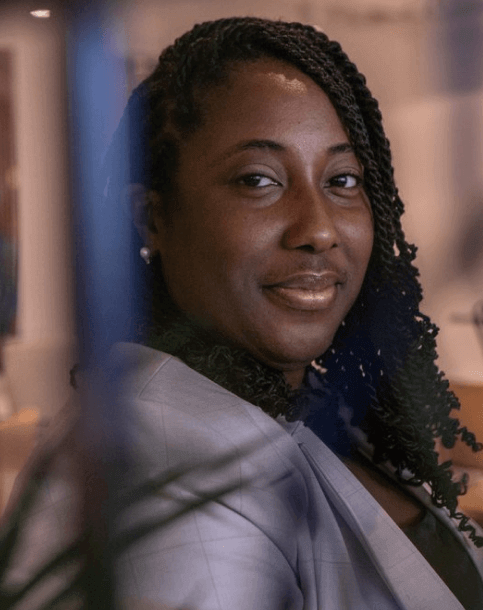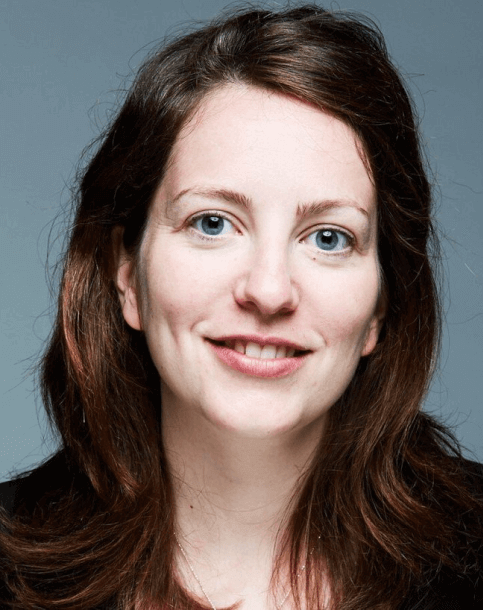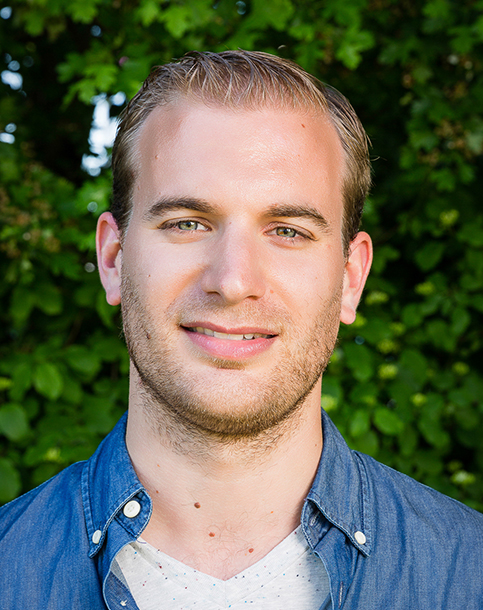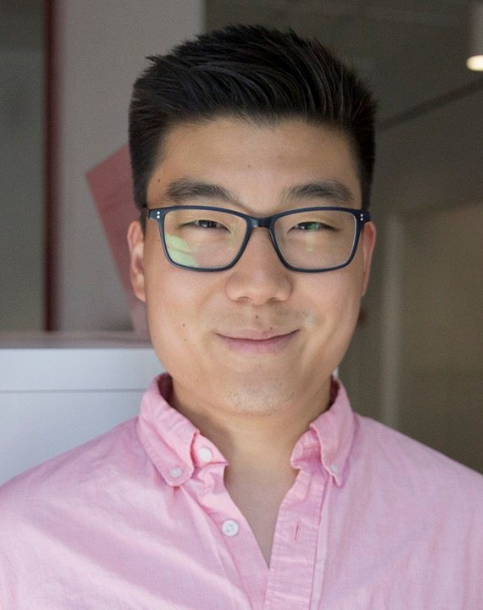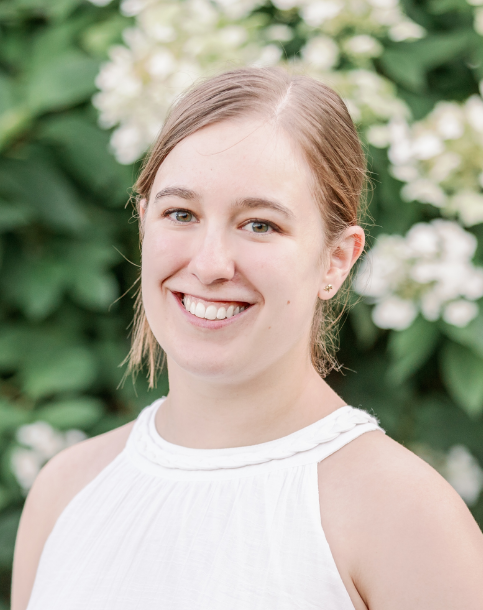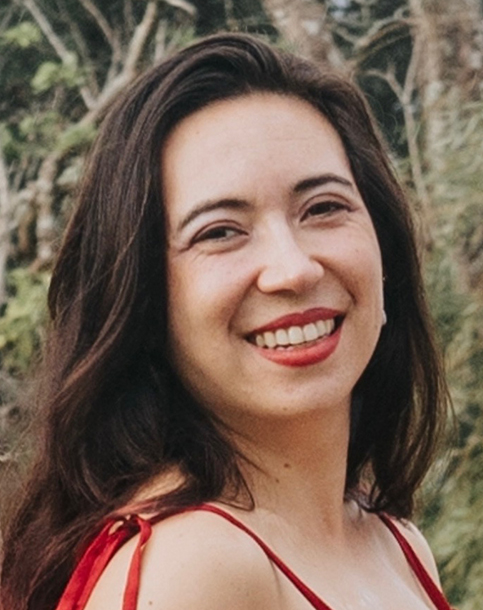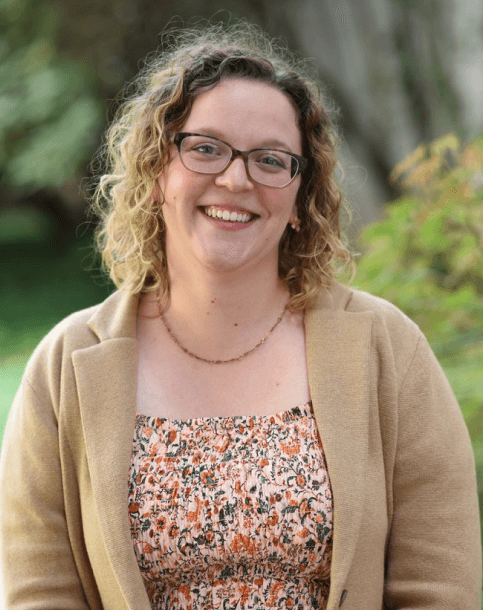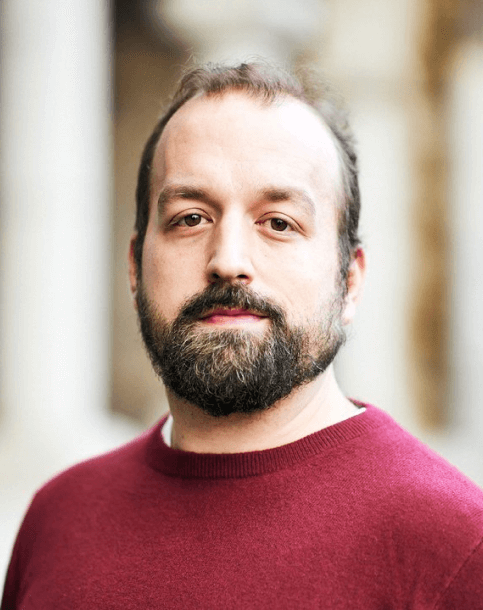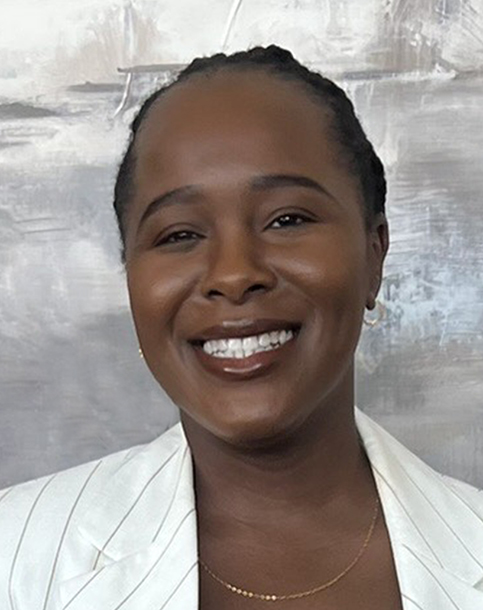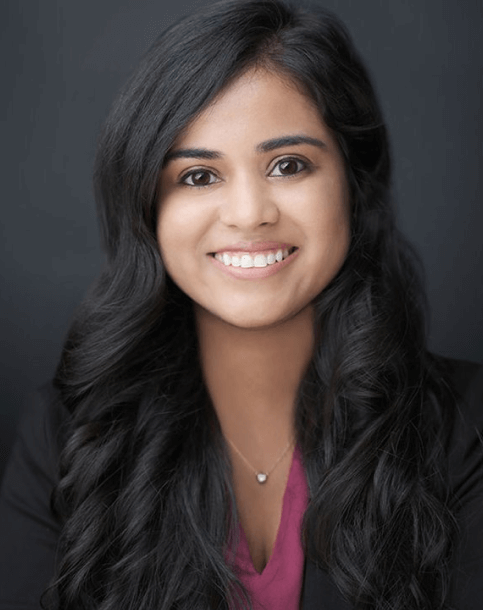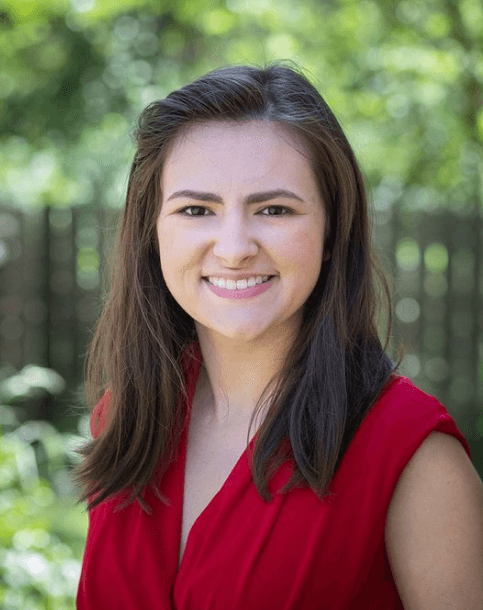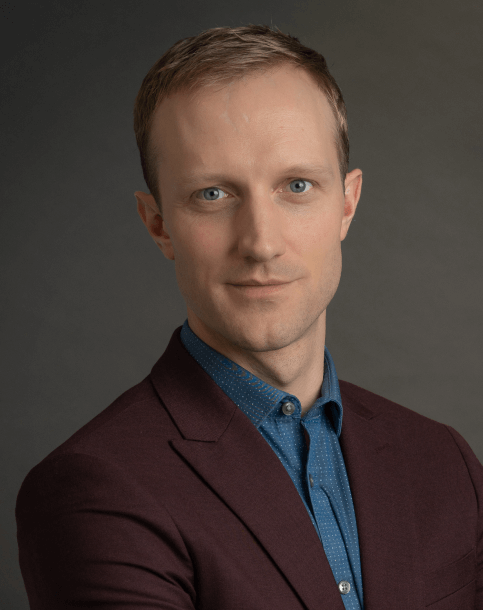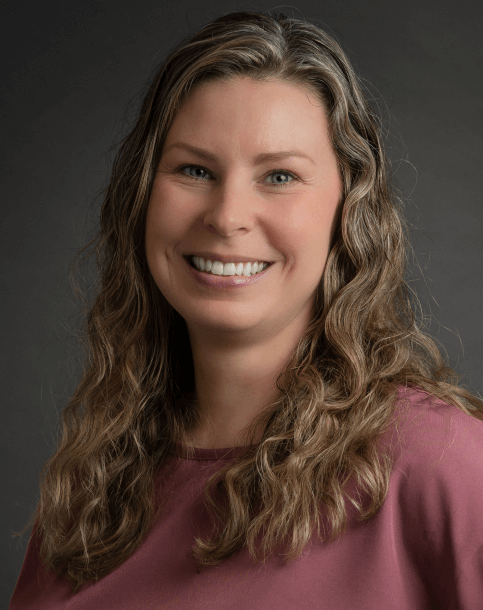Changing the way science is done.
Strategic funding has the potential to fuel breakthroughs and catalyze impact.
We take a holistic approach to identifying the resources that need to be brought to bear within a field, fostering the right environment for success, and bringing together the disciplines needed to accelerate progress in science.
Our ApproachIdentify key knowledge gaps and effective solutions
Build coalitions across disciplines and sectors
Design and implement large-scale research programs
Evaluate funding opportunities and guide strategic use of private capital
MEET OUR TEAM
We lead with expertise, passion, and purpose.
We're on a quest to help our partners harness their capital to fill gaps and deliver innovative solutions within the biomedical ecosystem.
We share our partners’ commitment to make the world a better place. We are changing the game, and building a lasting infrastructure to accelerate scientific progress.
Harnessing the power of data-driven insights can transform our understanding of disease and lead to groundbreaking treatments.
Efficient administration and implementation establish a robust environment where adaptability and flexibility can truly thrive. This mindset enables us to catalyze scientific discovery and accelerate progress.
We aim to align incentives and close scientific gaps in ways that other initiatives have not or could not in the past, catalyzing meaningful progress for human health.
By fostering team-based science with open sharing of resources, we promote collaboration over competition, creating a research ecosystem where new ideas can thrive.
We are connectors. Impactful science relies on being adept at communicating how research findings connect to a larger landscape to scientists and nonscientists alike.
To change the way science is done, we need to step outside silos and harness new tools to improve scientific analysis, data management, and governance.
Working across sectors shows how much stronger we are when we bring different skills and perspectives together. It opens up new ways of thinking and helps us move forward faster.
We are steadfast in our commitment to expanding the boundaries of scientific knowledge and translating it into practical advancements.
We became scientists to help humanity, and we’re deeply committed to improving the culture and pace of science for the benefit of all.
CAS is comprised of people who care. Deeply. We are motivated to leave a positive impact on society and this motivation drives us to be extremely intentional about the way that we plan and operationalize our research programs.
Making scientific research more trustworthy, rigorous, open and efficient is what we aim for with every initiative.
Aligning partners in service of a common goal is key to advancing our impact.View Full Team
Ekemini A.U. Riley, PhD
Founder & CEO
Sonya B. Dumanis, PhD
Chief Operating Officer
Cornelis Blauwendraat, PhD
Chief Data Strategy Officer
Richard Ha, MPA
Associate Director of Research Administration
Ellen Guss, PhD
Program Officer
Madeline Klinger, PhD
Associate Program Officer
Dana Lewis, PhD
Program Officer
Matthew Lewis, PhD
Program Officer
Caroline Pantazis, PhD
Associate Director of Research Operations
Linda Senbanjo, PhD
Senior Program Officer
Hetal Shah, PhD
Senior Program Officer
Devin Snyder, PhD
Associate Director of Communications
Robert Thibault, PhD
Open Science Consultant
Angie Barnard
Executive Assistant and Administrator
Our Initiatives
Accelerating the pace of discovery in science is at the core of our work. Our flagship initiatives span neurological conditions, wastewater-based epidemiology, open science policy, and more.
Explore our workAligning Science Across Parkinson’s
Aligning Science Across Parkinson’s (ASAP) is fostering collaboration and resources to better understand the underlying causes of Parkinson’s disease.
Wastewater SCAN
SCAN is partnering with communities in California and the life sciences research company Verily to offer communities across the U.S. an opportunity to monitor their own wastewater for COVID-19 and other respiratory viruses using SCAN’s method. CAS manages this initiative.
Breakthrough Discoveries for Thriving With Bipolar Disorder
Breakthrough Discoveries for Thriving With Bipolar Disorder (BD²) is designed to share data, methods, and resources across the bipolar disorder research community.
Aligning Research to Impact Autism
Aligning Research to Impact Autism (ARIA) is a new initiative leveraging advances in science, medicine, and technology to accelerate research and clinical care for autism.
Aligning Discoveries Across Psychedelic Therapies
Aligning Discoveries Across Psychedelic Therapies (ADAPT) is bringing structure and collaboration to the emerging field of the study of psychedelics.
Our Initiatives
in the News
All Updates
Stay up to date on the latest news from CAS and our initiatives
-
November 26, 2025
Norovirus is spreading earlier again this year, wastewater data shows
• NBC News
-
October 2, 2025
Decoding Parkinson’s genetics on a global scale with Andy Singleton and Sonya Dumanis
• The Genetics Podcast
-
August 16, 2025
Covid is rising. New vaccines may not be ready until mid-September.
• The Washington Post
-
August 13, 2025
Understanding Bipolar Disorder With The Scientists Driving Innovation
• The Anxious Achiever
